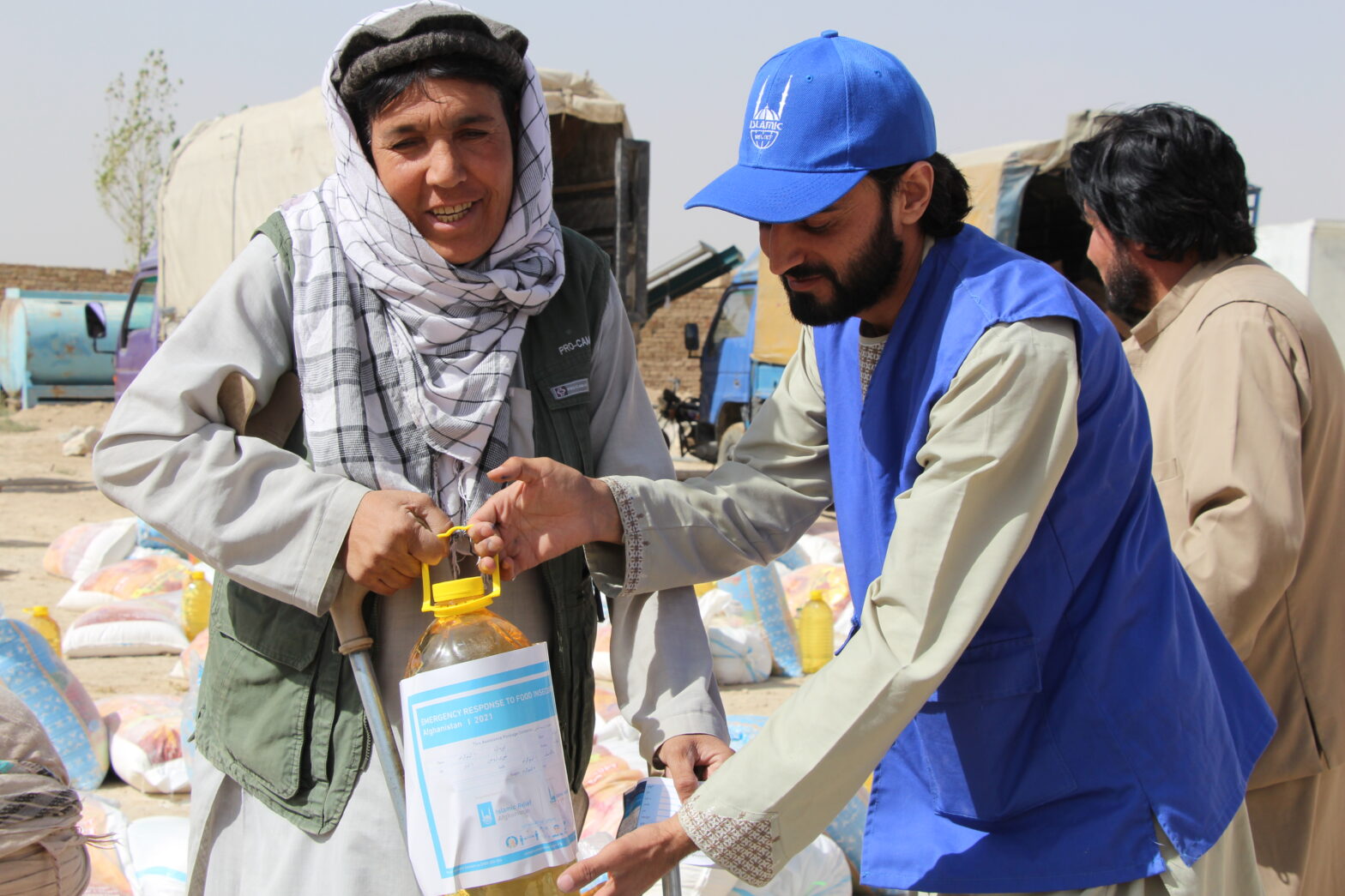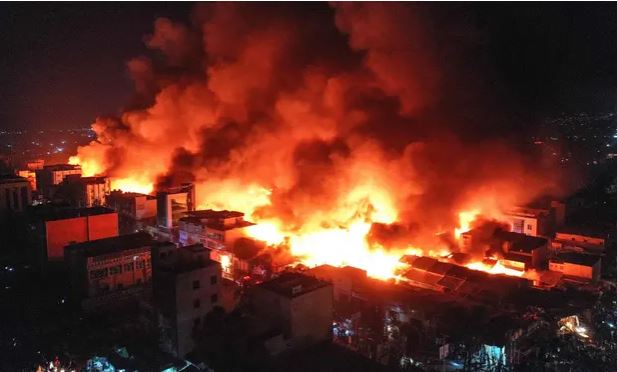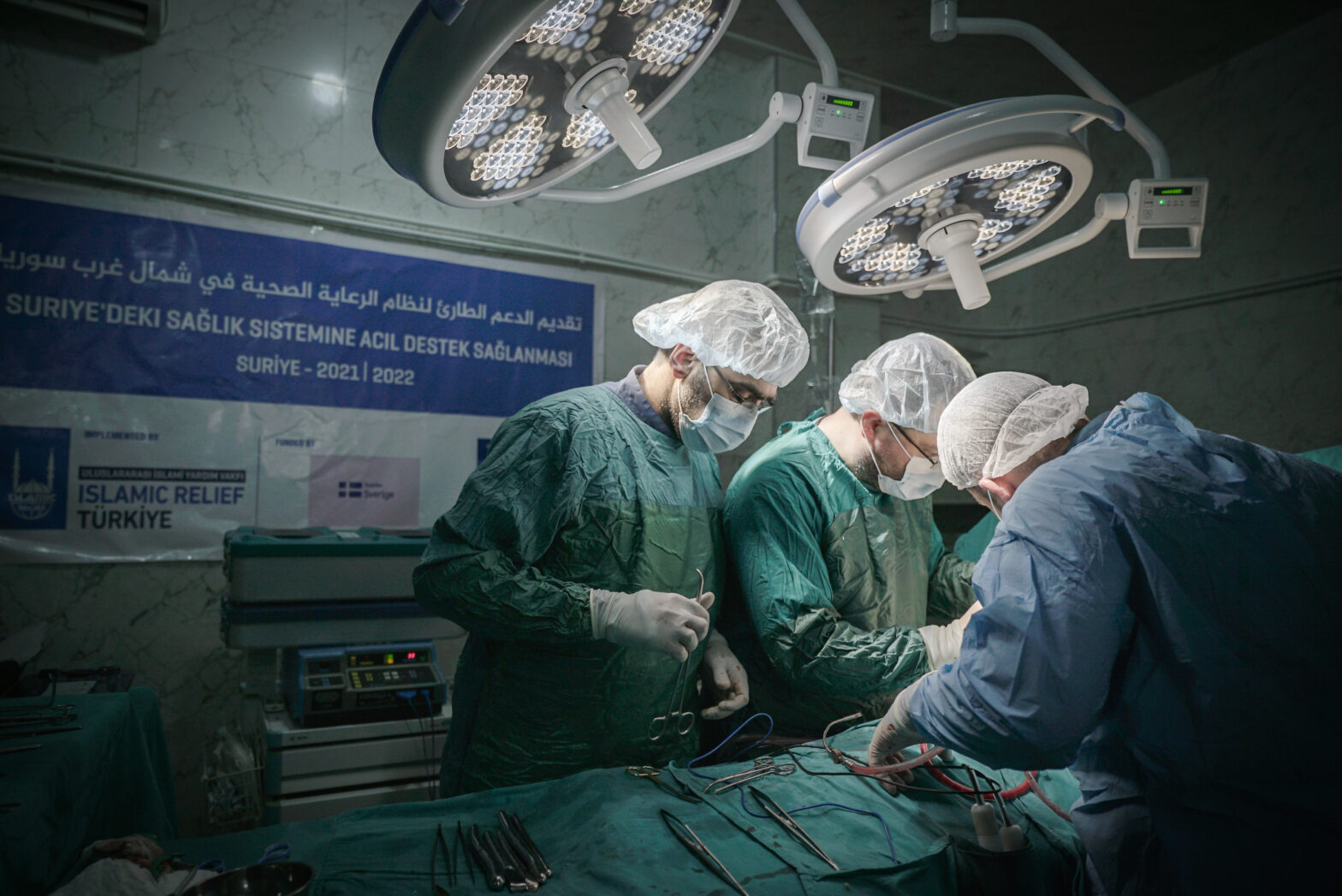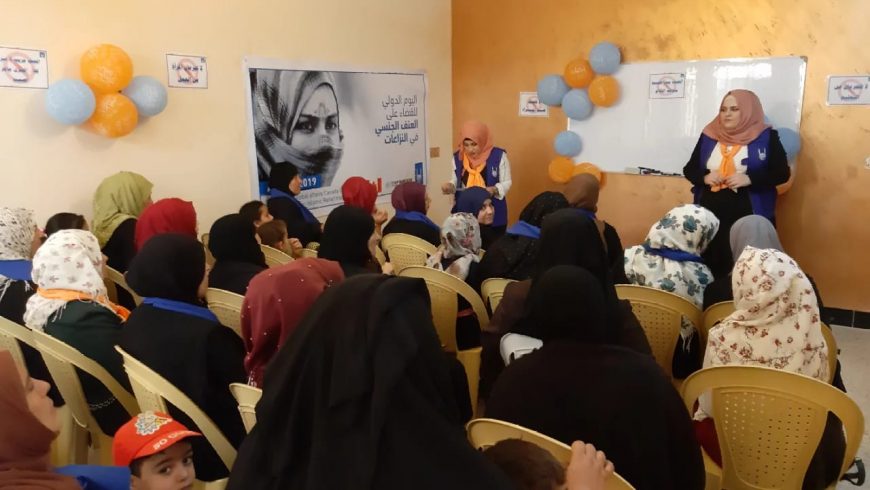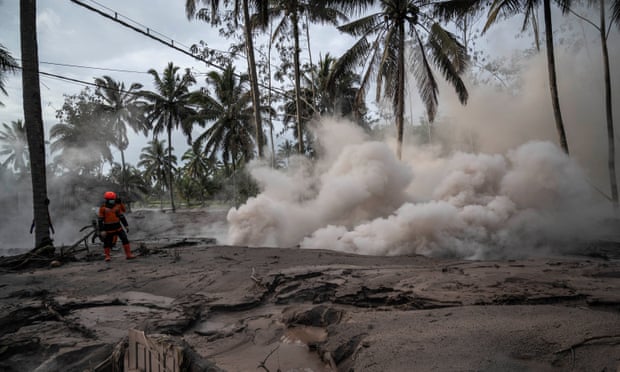Across the globe, conflict causes widespread insecurity, poverty, and mass displacement, often leading to humanitarian emergencies and human rights violations. It’s often women and young people that bear the brunt of violent conflict. Islamic Relief’s Global Advocacy Research Coordinator Najma Abukar argues that sustainable peace can only be secured by protecting the rights of women and young people to participate in social cohesion.
Violent conflict uproots the lives of millions of people who are forced to abandon their homes, their livelihoods, and often their families to survive. They are also faced with gross human rights violations. Human rights violations are both symptoms and causes of violent conflict. Violent and destructive conflict can lead to gross abuse of fundamental rights, but can also result from a sustained denial of rights over a period of time.
At the end of 2018, more than half the 1 million displaced people worldwide were women and girls, whilst young people make up over 90% of casualties of armed conflicts.
Conflict exacerbates pre-existing patterns of discrimination against women and young people, exposing them to heightened risks such as gender-based violence against women including arbitrary killings, torture, sexual violence, and forced marriage.
Despite being overwhelmingly impacted by violent conflict, women and young people are also often excluded from participating in conflict prevention and peacebuilding processes.
Standing up for peace
However, women and young people across the globe are choosing to stand up for peace, often facing the threat of violence to do so.
26-year-old Abdi is a Youth Peace Council representative from Mandera, Kenya, who is challenging the traditional notions of peace and advocating for more youth inclusion community peacebuilding.
“We youth play a key role in the peace of our community. Peace work is now more our role than the elders’ role, like it used to be, however, we still have a long way to go to convince our leaders and elders about our role in peace activities,” says Abdi.
Islamic Relief, through its Conflict Prevention and Social cohesion programme, has been supporting women and youth to lead community peacebuilding in Mandera County since 2018.
In the Phillipines, peace activist Noraisa is determined to ensure that women and young people are not left out of peace support processes.
“We need to fight for our voices to be heard in peacebuilding processes. Youth and women can also contribute towards solving problems in our community,” says Noraisa.
“I wasn’t allowed to participate before, but now I have become one of the organisers in encouraging and mobilising women, youth and religious leaders towards peace.”
Noraisa is a member of the Bridging Khalifah circles group, composed of mostly young women who regularly meet to discuss pathways to peace within their communities.
Mobilising for inclusive peace
Women and young people who are living with conflict and instability know and understand the context and are uniquely positioned to provide peaceful solutions. However, they are rarely afforded the opportunity to participate fully.
The full, equal, and meaningful participation and involvement of women and young people in all efforts is essential for maintaining and promoting sustainable social cohesion and security.
We must advocate for stronger representation of women and youth in conflict prevention and peace support processes at all levels. They should be empowered to participate actively in processes and decision-making without discrimination.
Since June 2018, Islamic Relief has been implementing a conflict prevention and social cohesion programme in Kenya, Pakistan and the Philippines.
Recognising the agency and active role that women and young people can play in conflict prevention and social cohesion, the project advocates for their active participation whilst also ensuring that institutions respond to the livelihood needs of women and young people and help to build their resilience.
Creating safe spaces
Women and youth are already playing a pivotal role in conflict prevention and peace support. To ensure their continued efforts, we must all do our part to ensure we create free, safe, and enabling civic spaces where they can exercise their rights to freedom of opinion and expression.
In doing so, we must also adopt a human rights-based approach to conflict prevention and social cohesion that centralises and protects the human rights of women and young people.
To ensure sustainable peace, women and young people must be part of the solution.
Islamic Relief is committed to working with women and young people to advocate and stand up for peace and take an active role in conflict prevention and peace support within communities.



